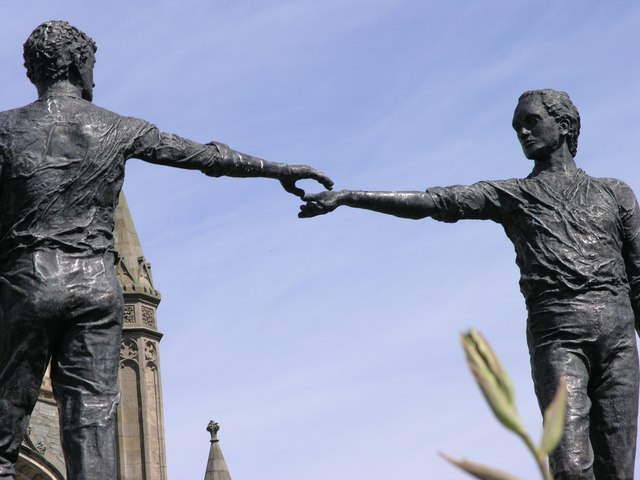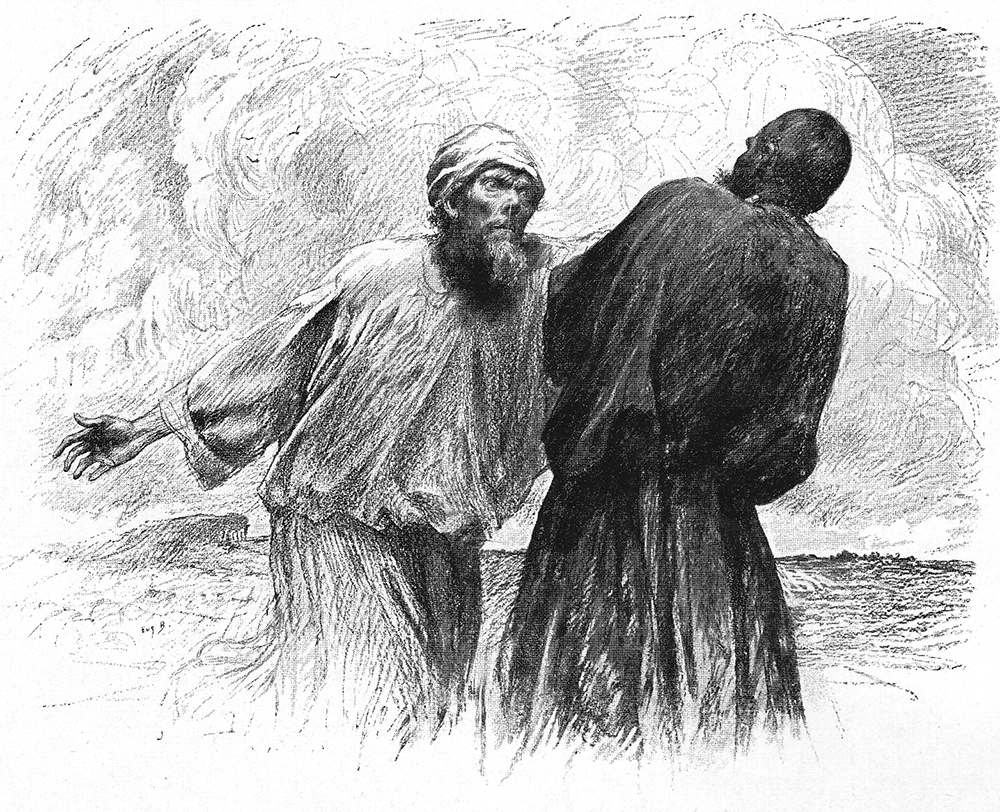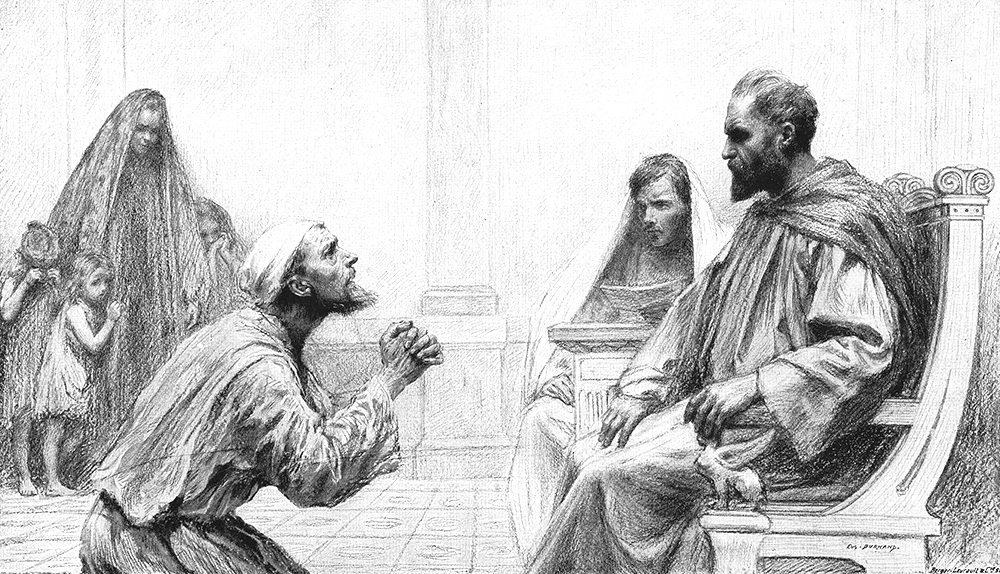Forgiving? – a sermon preached by Reverend Trevor Jamison at Saint Columba’s United Reformed Church North Shields, 13/09/2020
Exodus 14:19-31; Psalm 114; Matthew 18:21-35
‘How often should I forgive?’ Now there’s a question!
Even more challenging is the full question, which Peter askes Jesus: ‘if another member of the church sins against me, how often should I forgive?’ (18:21) And when Jesus replies, ‘Not [even] seven times, but, I tell you, seventy-seven times’ (or perhaps even ‘seventy times seven’) …
then the answer sounds even more challenging than the question.
And lying behind the question of how often I should forgive others (or they me) is another question …
Why should I forgive others?
Why should the Israelites ever forgive the Egyptians for enslaving them? Or why should the Egyptians ever forgive Israelites for a series of plagues which killed all their first-born, and a wall of water which drowned their army.
See image: Maggi Hambling (British, 1945–) Wall of Water V, 2011. Oil on canvas, 78 × 89 in. (198.1 × 226.1 cm). Photo: Douglas Atfield.
https://www.artsy.net/artwork/maggi-hambling-wall-of-water-ii
Or in more recent times …
Harron, Maurice. Hands Across the Divide, from Art in the Christian Tradition, a project of the Vanderbilt Divinity Library, Nashville, TN. http://diglib.library.vanderbilt.edu/act-imagelink.pl?RC=57560 [retrieved September 10, 2020]. Original source: http://commons.wikimedia.org/wiki/File:Hands_Across_the_Divide_-_geograph.org.uk_-_478600.jpg.
Why should people or peoples who in conflict with one another be willing to forgive wrong which has been done to them? When asked about this, Jesus responded not just with a mathematical formula but with a story – a parable – about a king’s unforgiving servant.
“The Unmerciful Servant” by Eugene Burnand (1850-1921)
In Jesus’s parable – a story told to make a point, not for every one of its details to stand for a reality in our world today – a king is settling accounts with his slaves (in this story kings lend money to slaves). One of those slaves owes the king the equivalent of fifteen years wages; he’s never going to be able to pay it off, so the king’s ready to sell the slave and his family to collect on the debt.
The slave pleads, ‘have patience with me, and I will pay you everything’ (18:26). Where the slave askes for patience and promises to pay, however, the king responds with pity and just forgives the whole debt. Phew!
Next, that same slave refuses to forgive the debt of a fellow-slave who owes him the equivalent of three months’ salary – sixty times less than he had owed the forgiving king! He may be a family man but he’s not a very nice person.
Still, why should he forgive his fellow slave who owes him some money. If you owed someone three months wages and you hadn’t paid up yet what would you expect?
The answer, given by Jesus in his parable …
“The Unmerciful Servant” by Eugene Burnand (1850-1921)
… is that someone who has experienced forgiveness for themselves should be rendered more willing to forgive others. A forgiven person who refuses to forgive others, says Jesus, is offensive in the sight of the king.
So, when asking how often we should forgive others we should make sure to bear in mind the forgiveness we have already received; particularly the forgiveness we have received from God. The song we listened to, that came to us all the way from Australia …
https://www.youtube.com/watch?v=ob5dAbmnn2o&feature=youtu.be
… doesn’t flinch from the fact that “making a garden” in this part of God’s creation involves destroying human attitudes and actions that require the practice of forgiveness; in lands that are bombed and torn, swords need to be turned into ploughshares.
We, humankind, are as much in debt to God, our creator, as that servant was to the king, but God forgives us the lot. Remembering that ought to make us more open to forgiving others – not just from duty but from gratitude.
To put it in a Scots version of the prayer taught by Jesus, “forgive is our debts as we forgive our debtors.” (Matthew 7:12) So, let’s use that wording today – debts and debtors – as we pray together, “Our Father who art in heaven …”



